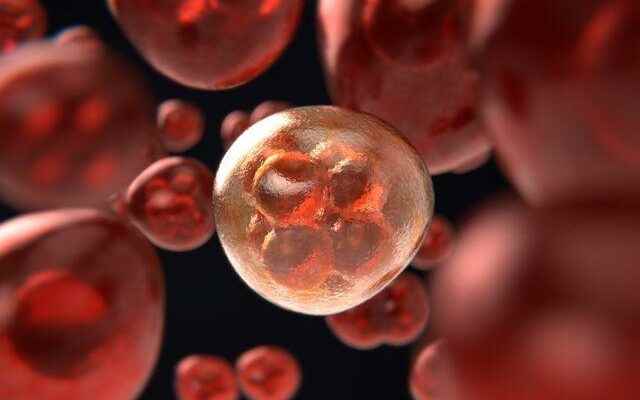Monkeypox virus has become one of the issues followed with concern in the world. As in the coronavirus epidemic, people are also investigating whether there will be a need for mass vaccination for the monkeypox virus. World Health Organization (WHO) officials gave a briefing on the monkeypox virus within the framework of the 75th World Health Assembly. Emphasizing that there are still many unanswered questions about how the current epidemic emerged, it was stated that approximately 200 cases of monkeypox were detected in more than 20 countries. WHO Director of Epidemics, Dr. “The sequencing of the virus shows that the strain is not different from the species we have encountered in endemic countries, and the outbreak was probably more due to a change in human behavior,” Sylvie Briand said in her speech. Briand said the current situation appears “controllable” based on the development of past outbreaks in Africa. Stating that WHO still expects more cases in the future, Briand said, “We do not know whether we are seeing the top of the iceberg or whether there are many more undetected cases.” Saying that the priority is to control the disease in non-endemic countries, Briand emphasized that this is possible with rapid action. “We think we can easily contain the epidemic if we take the right measures now,” Briand said.
HOW IS THE INSURANCE RATE?
Briand also pointed out that the monkeypox virus is transmitted much more slowly than the corona virus.
DO YOU NEED MASS VACCINATION IN MONKEY FLOWER?
Head of WHO’s smallpox division, Dr. Rosamund Lewis also stated that monkeypox disease does not spread easily and close contact is usually required for transmission, and said, “There is no need for mass vaccination.” Stating that countries with the vaccine can evaluate them for those at high risk in case of close contact of patients or healthcare professionals, Lewis said that monkeypox can be controlled mostly by isolation and ongoing epidemiological research. “Case investigation, contact tracing, home isolation would be the best options,” Lewis said.
FIRST SEEN AMONG PEOPLE IN 1970
According to the World Health Organization, monkeypox virus was first detected in humans in 1970 in the Democratic Republic of the Congo. Since 1970, monkeypox has been found in humans in 11 African countries: Benin, Cameroon, Central African Republic, Democratic Republic of Congo, Gabon, Ivory Coast, Liberia, Nigeria, Republic of the Congo, Sierra Leone and South Sudan. The virus was first seen outside of Africa in 2003 in the USA. Later, monkeypox virus was found in some people who traveled to Africa in Israel and the UK in 2018, Singapore in 2019, and the USA in 2021. More than 200 monkeypox viruses have been recorded in Nigeria since 2017, with more than 500 suspected cases reported. While 3 percent of cases resulted in death, the virus caused a major epidemic in the country.
Monkeypox virus is divided into two as Central African (Congo Basin) and West African strains. The Congo Basin strain is thought to cause more severe disease and be more contagious.
FLOWER VACCINE PROVIDES 85% PROTECTION
The WHO states that the symptoms of the disease are “very similar to those seen in smallpox patients in the past, although clinically less severe.” According to the organization, the virus is transmitted from animal to human and from person to person through close contact. It is stated that the vaccines used against smallpox provide 85% protection against the monkeypox virus. It remains unclear at this time whether the virus is sexually transmitted, according to WHO. It is stated that the incubation period of the virus is usually 6 to 13 days, but it can vary from 5 to 21 days. (DHA)
